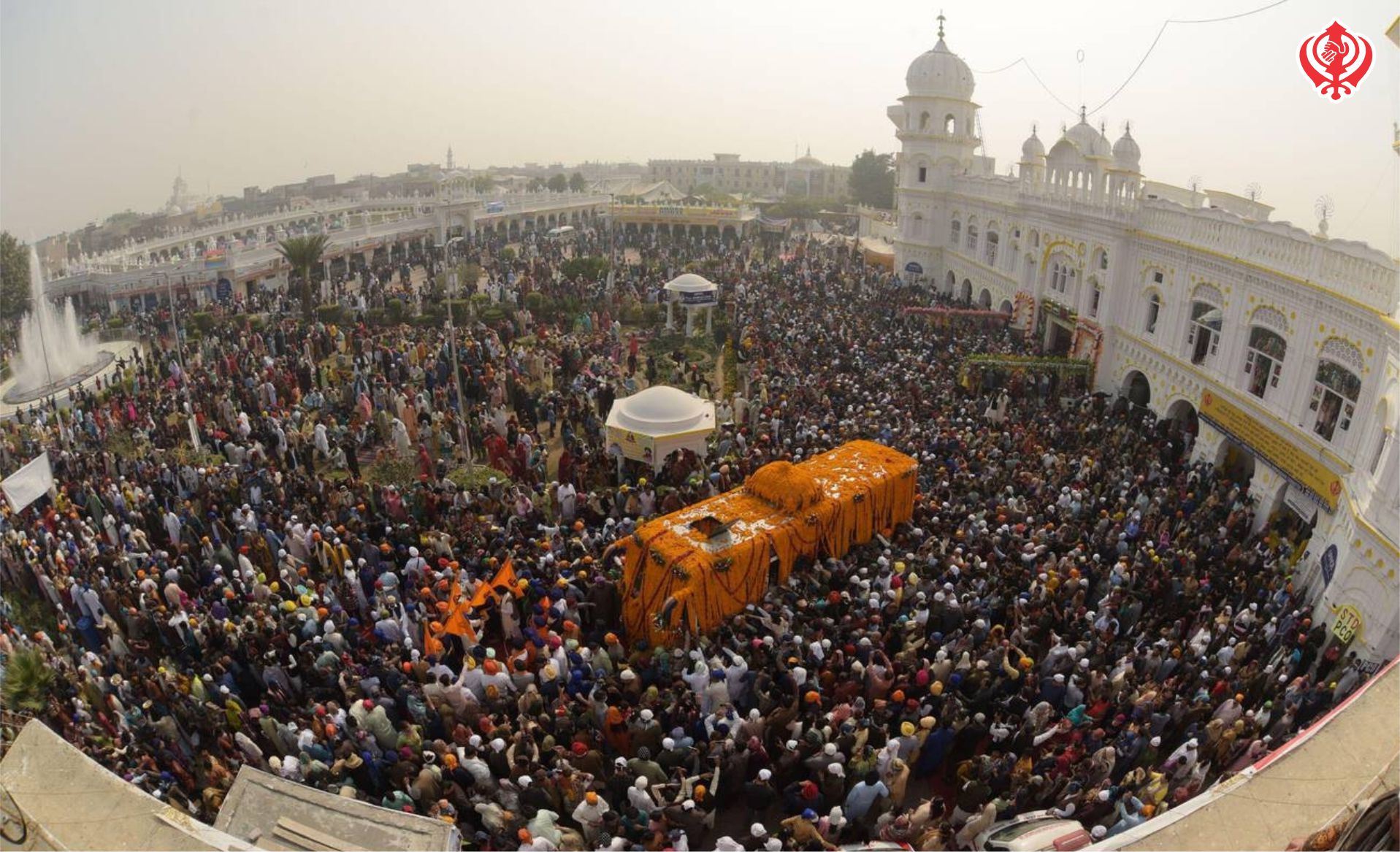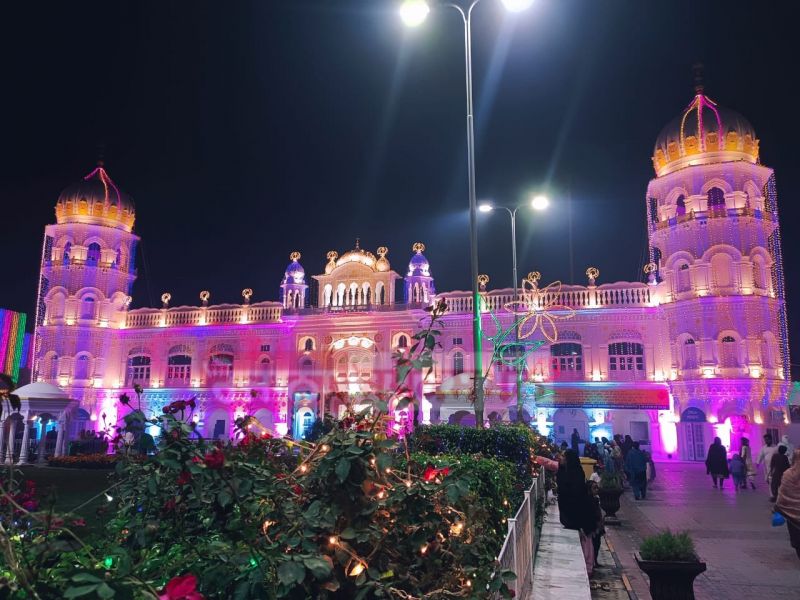
The Ten Gurus of Sikhism
Period 1469 to 1708
Sikhism was established by ten Gurus, divine spiritual messengers or masters, over the period from 1469 to 1708 - that is, over a period of 239 years. These teachers were enlightened souls whose main purpose in life was the spiritual and moral well-being of the masses. By setting an exceptional example of how to live a holy and worthy life through practising righteous principles of living their human lives, they sort to awaken the higher conciousness in the human race. The Gurus taught the people of India and beyond, to live spiritually fulfilling lives with dignity, freedom and honour.
Each of the ten masters added to and reinforced the message taught by the previous, resulting eventually to the creation of the religion that is now called Sikhism. Guru Nanak Dev Ji was the first Guru and Guru Gobind Singh Ji the final Guru in human form. When Guru Gobind Singh Ji left this world, he decreed the holy scripture Sri Guru Granth Sahib as the eternal Guru henceforth. Thus, the Guru Granth Sahib, in spirit, is more than a holy book for the Sikhs, for the Sikhs accord the Guru Granth Sahib the same respect and reverence as they did to the human form Gurus.
During the span of 239 years, the Sikh Gurus laid down within the sacred scriptures, the principles that outline the way of living that was to be followed by all practicing disciples of this religion. The history and the literature present the followers of the faith and others with the raw material required to learn about the beliefs and practices propagated by the Gurus. The Gurus were clear also to outline rituals, practices and beliefs that were not appropriate and were not to be followed by the faithful disciples. They promoted the habit of reciting the holy hymns called Shabads; living in constant remembrance of the Supreme Creator and living a simple life of truth, decency and virtuous principles.
Legend of the Ten Sikh Gurus
The "Gurus" in Sikhism are regarded as enlighteners and divine messengers. They were the messengers of the Timeless, who brought forth the eternal wisdom. They were universal men who freed our minds from bigotry and superstitions, dogmas and rituals, and emphasized the simplicity of the religion.
1. Guru Nanak Dev Ji - Guru from 1469 to 1539
The first of the Gurus and the founder of the Sikh religion was Guru Nanak. He was born at Talwandi (now known as Nankana Sahib in Pakistan) on October 20, 1469.
Guru ji mastered Punjabi, Sanskrit and Persian at an early age and in childhood revolted against ritualism, caste, prejudices, hypocrisy and idolatry.
He regarded Hindus and Muslims as equals and referred to himself as neither Hindu nor Muslim but as a brother to all those who believed in God and truth.
He made four great journeys, travelling to all parts of India, and into Arabia and Persia; visiting Mecca and Baghdad. He spoke before Hindus, Jains, Buddhists, Parsees, and Muslims. He spoke in the temples and mosques, and at various pilgrimage sites. Wherever he went, Guru Nanak spoke out against empty religious rituals, pilgrimages, the caste system, the sacrifice of widows, of depending on books to learn the true religion, and of all the other tenets that were to define his teachings. Never did he ask his listeners to follow him. He asked the Muslims to be true Muslims and the Hindus to be true Hindus.










